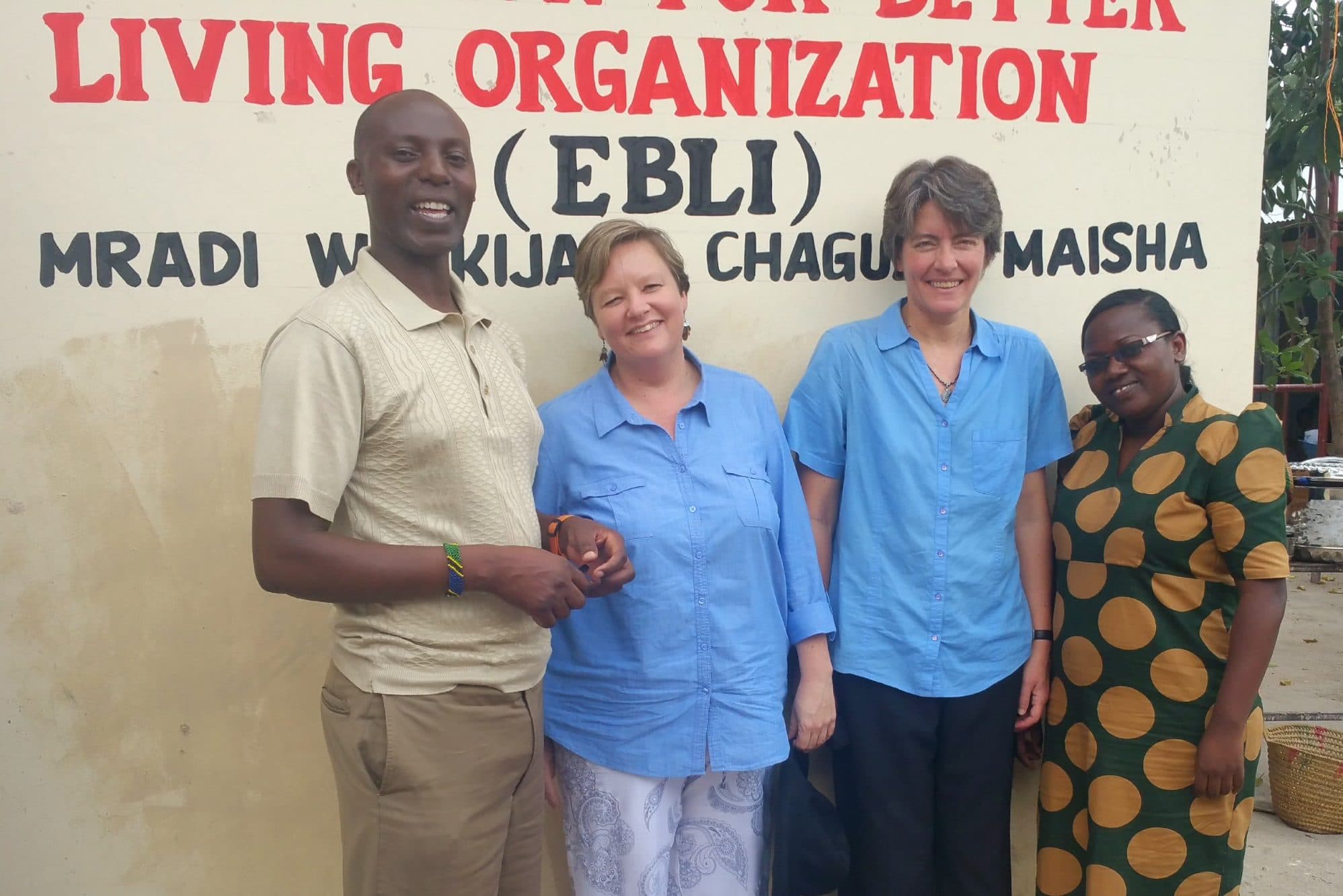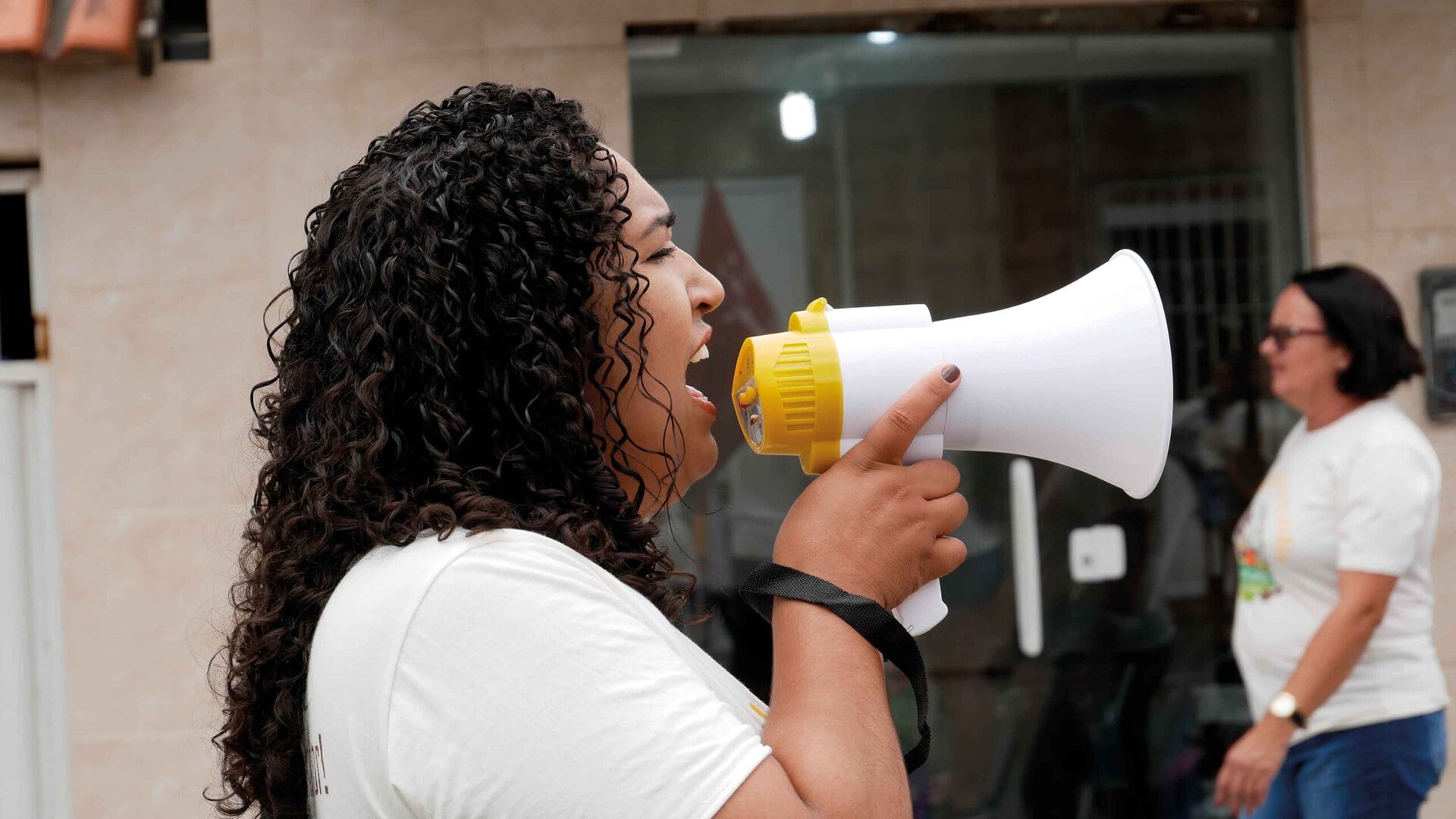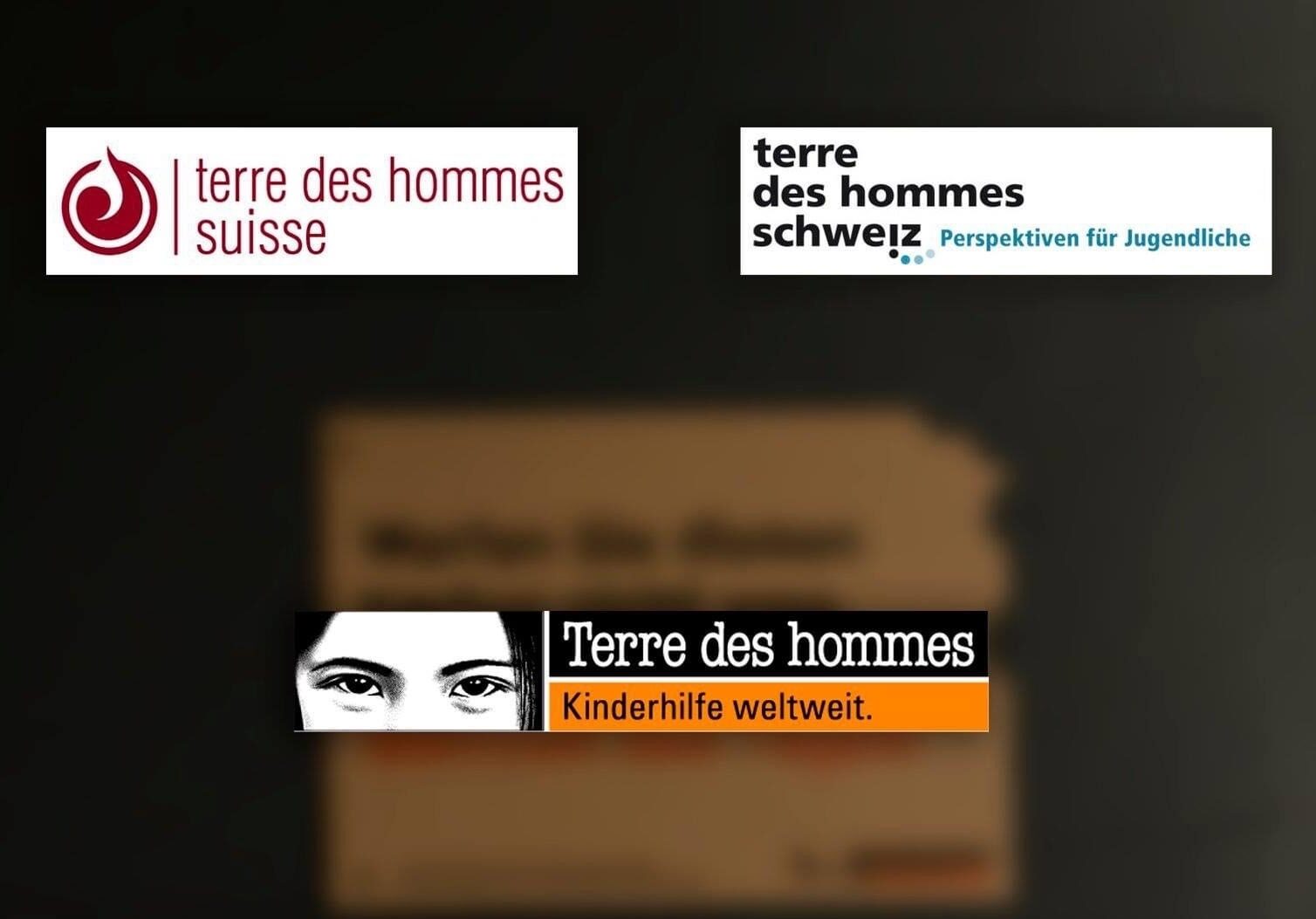For almost ten years, terre des hommes schweiz has been implementing the Youth2Youth program in southern Africa, which trains young people in the application of the solution focussed approach (SFA). But how successful is this program really? Psychologist Berenice Meintjes and education expert Sharon Grussendorf investigated this question with an independent evaluation.
Interview conducted by Sascha Tankerville
You visited our partner organizations in South Africa, Tanzania, Zimbabwe and Mozambique to evaluate the impact of the Youth2Youth program and the solution-focused approach (SFA). What expectations did you have when you started your research?
Berenice Meintjes: I was involved in an SFA consultation with terre des hommes schweiz in the past. I was very skeptical at the time. But since I have tried SFA in my own work, I am completely convinced of its value. With the evaluation, I wanted to examine what was implemented with SFA in Southern Africa and what challenges were encountered. I want to understand how the solution-focused approach can be adapted to developments in the rural African context and the respective local conditions.
Sharon Grussendorf: I was not familiar with SFA and was very critical of the concept. I only expected to learn about some small examples of SFA initiatives that had been implemented in South Africa. I was overwhelmed by the reach and scale of impact that was achieved in extremely underserved and remote regions.
What experiences did you have during your research?
Meintjes: It was very interesting to see how the young people work in these projects. Their openness in addressing their own past problems and their ability to turn them into a powerful tool to help other young people reach their full potential touched me deeply.
Grussendorf: It was uplifting to see how much optimism and the ability to act have changed in situations that generally seem hopeless. Many of the young people reported that they used to just sit at home in a kind of idle despair, watching TV or simply doing nothing. Seeing how Y2Y and the SFA programs enable them to become active themselves, take concrete steps to change their life situation and work towards a better future, gives them a boost.
For example, what impact does SFA have on individuals and communities affected by gender-based inequality and violence?
Meintjes: Our research has shown that SFA helps young people to understand gender inequality and its impact on young women in particular. As a result, they also learn to tackle this inequality and work towards the well-being of all genders.
Grussendorf: I was also very impressed by the passion that young men, such as the boys at our partner organization Amudem in Moçambique, have for this topic and how they stand up for the rights of young women – that really blew me away.
This means that young people recognize the inequality. But does this also change the behavior of those affected or perhaps even their community?
Meintjes: Definitely. This is also shown by the following example: for many young people in the projects, it is very important that they can reach and support other young people. The more experience they have with SFA, the more often they are able to take concrete action. Many report, among other things, that they were able to reach out to family members and mend broken relationships after the SFA course. They are committed to building more mutual respect and mindfulness at home. They change their own behavior and are more responsible. They consume fewer harmful substances, take fewer sexual risks and attend school regularly.
Grussendorf: And they are more realistic and more active in shaping their future. Whereas they previously dreamed of unrealistic, vague goals – becoming president or CEO of a company – without taking any active steps, they now focus on concrete, achievable goals, such as social workers or teachers, which they can actively work towards.
When you look back on the evaluation, how did it affect you personally?
Meintjes: I was at a point where I almost despaired of our role as development workers. I often asked myself, what is this all about? But this evaluation showed me the true power and energy of young people to change their situation and support each other. This positive energy combined with concrete, tangible successes is phenomenal. It changes entire communities and brings about real collaboration. We have seen how the general attitude towards the young people has improved and the elders have gained more wisdom as a result.
Grussendorf: I see the situation in South Africa today in a much more hopeful light. My faith in the human spirit has grown. Now I want to do a training course in SFA myself and become an SFA trainer.
Who are the two evaluators?
Psychologist Berenice Meintjes has over 20 years of experience in development cooperation. Initially, her work focused on trauma management during and after the political violence in KwaZulu-Natal. Later she was involved in various national projects for the welfare of vulnerable children and youth. She was also involved in the development of a monitoring and evaluation system for the Department of Social Development in South Africa.
Quantum computational physicist Sharon Grussendorf has long been involved with South Africans from disadvantaged backgrounds, both youth and teachers, in the development of the South African education system, increasingly realizing the need to focus on mental and social support. She became interested in a holistic educational development process that incorporated the strengths of learners and local resources rather than relying on unattainable equipment and teaching and learning approaches. She was involved in monitoring and reviewing national education projects as well as international comparisons of curricula, teaching methods and standards.



